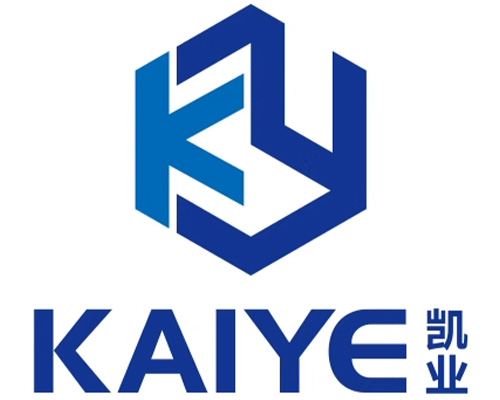Fuel tank connectors are usually made by die casting, especially when they need to have complex shapes and high-precision sealing. Die casting can provide good surface finish and high production efficiency, and is suitable for manufacturing more complex parts.
Fuel tank connectors are usually die-casted using materials such as aluminum alloy or zinc alloy, which can achieve complex geometric shapes, and can ensure high dimensional accuracy, reducing the workload of subsequent machining. The fuel tank connector needs to have good sealing performance. The surface of the die casting is smooth and dense, which can better withstand the fuel pressure and ensure that the connection with the fuel tank is firm and leak-free. The die casting process can reduce the weight of the fuel tank connector by selecting the right alloy material (such as aluminum alloy), which helps to improve the fuel efficiency of the car. Compared with traditional casting or machining methods, the die casting process can greatly improve production efficiency and is suitable for mass production.
With the strict requirements of environmental protection regulations, automobile manufacturers are increasingly inclined to use lightweight materials to reduce the weight of the whole vehicle and improve fuel efficiency. Aluminum alloy die castings have become the preferred material for components such as fuel tank connectors due to their light weight and high strength. With the stringent requirements of environmental regulations, automobile manufacturers are increasingly inclined to use lightweight materials to reduce the weight of the whole vehicle and improve fuel efficiency. Aluminum alloy die castings have become the preferred material for components such as fuel tank connectors due to their light weight and high strength. Commercial vehicles (such as trucks and heavy trucks) also have a large demand for fuel tank connectors, which have high requirements for fuel storage and transportation systems. Aluminum alloy die castings can provide good sealing and durability to meet the use needs of commercial vehicles.
Governments of various countries have increasingly stringent emission standards and safety requirements for fuel vehicles, especially in the European and North American markets. This has promoted the demand for higher quality fuel tank connectors, including the use of advanced materials and processes (such as die casting) to ensure sealing, corrosion resistance and safety.
The market for die-cast fuel tank connectors is affected by a variety of factors, including the lightweight trend of the automotive industry, safety requirements, environmental regulations, and the rise of electric vehicles. With the advancement of technology and the continuous changes in market demand, the demand for die-cast fuel tank connectors is expected to continue to grow, especially in the context of the global automotive industry's continued development towards high efficiency, low emissions and safety.

